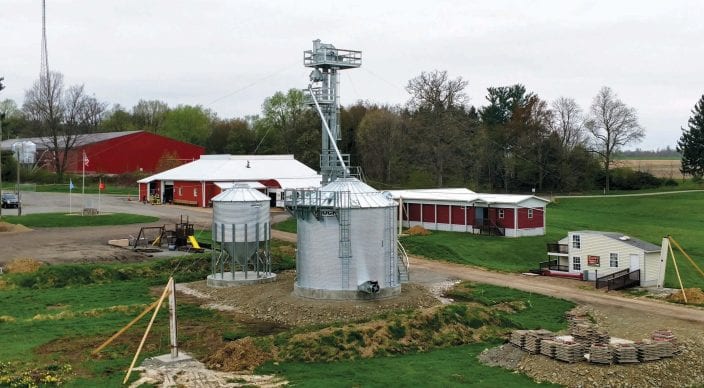Applications for Ohio Farm Bureau Health Plans now available
Members have three ways to apply: contacting a certified agent, calling 833-468-4280 or visiting ohiofarmbureauhealthplans.org.
Read MoreFirst responders in rural communities across the state have an acute need for grain bin rescue training, but a finite amount of availability to take such training. That’s about to change.
From that knowledge came a vision that is taking shape at the Wayne County Regional Training Facility in Apple Creek, a nonprofit group formed to train first responders in a six-state area. The facility provides educational programs on firefighting, fire prevention, emergency squad and rescue work. In 2017, volunteers from Ashland, Holmes, Medina and Wayne County Farm Bureaus “started dreaming,” said Bob Hange, who was president of the Wayne County Farm Bureau at the time. The four counties had just donated grain bin rescue tubes to local fire departments, which was appreciated. Although, there was one challenge: First responders lacked the training to use the new piece of equipment.
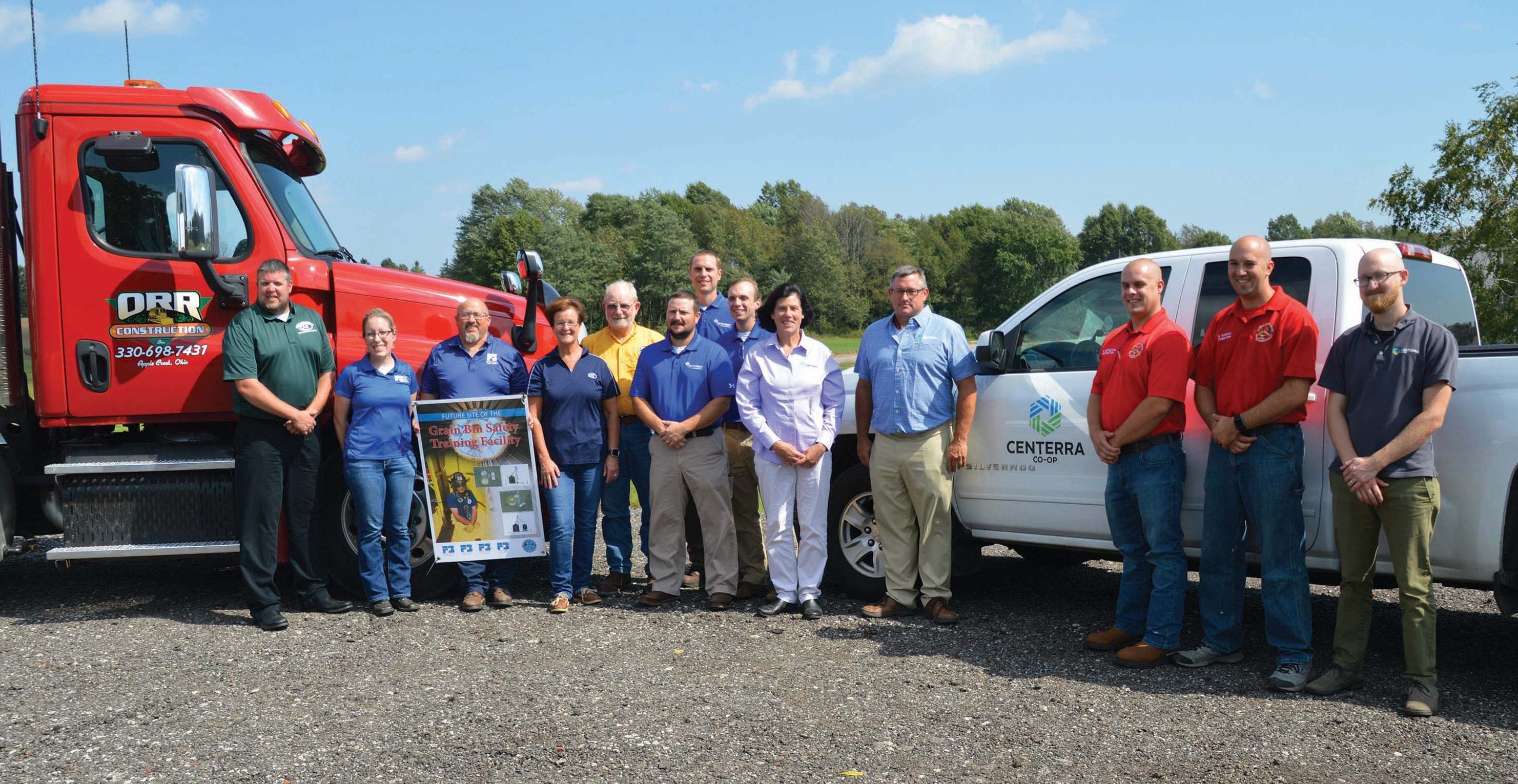
Grain bin rescue training opportunities in the state can be few and far between, and it is vital especially in rural communities. The Ohio Fire Academy and OSU Extension offer grain bin rescue training via their mobile trailer. Due to its size, it is difficult to get it inside a building to use. Several scheduled trainings with the trailer have been canceled because of inclement weather.
“The fact that this new training prop is enclosed will be a huge benefit,” said Dallas Terrell, director of the regional training facility. It can take mere seconds for a farm worker to become trapped in a grain silo, and just minutes for that person to be buried under the grain and unable to breathe. The rescue tube is placed around the trapped individual to relieve pressure from the surrounding grain and to keep any additional material from falling onto the person while grain is removed.
“Ongoing training is important, considering that technology has changed and training taken just 10 years ago might be completely different today,” said Jean Bratton, CEO of Centerra Co-op, one of many partners who are part of the project, which has been dubbed “Safe Farms.”
After shaping the idea for the grain bin rescue training facility, volunteers diligently went to work. The committee — made up of Hange, Jon Orr, Dan Zippay, Terrell, and Brandon Nettleton — held a meeting with the Regional Training Facility’s governing board in late 2017. The project designs were presented to the staff as well as the goal of the county Farm Bureau committee: to design, raise funds and construct a project that the Regional Training Facility would ultimately own, maintain and manage. The board approved the plan and the committee started rallying the community. In January 2018 the plan was approved and the real work began — fundraising. Money didn’t flow in only in dollars and cents but also donations of materials and labor.
Volunteers began discussions with local agribusinesses and construction companies early on in the project and secured donations of excavation service, concrete and gravel discounts, bins and a grain leg donation, and discounted labor costs.
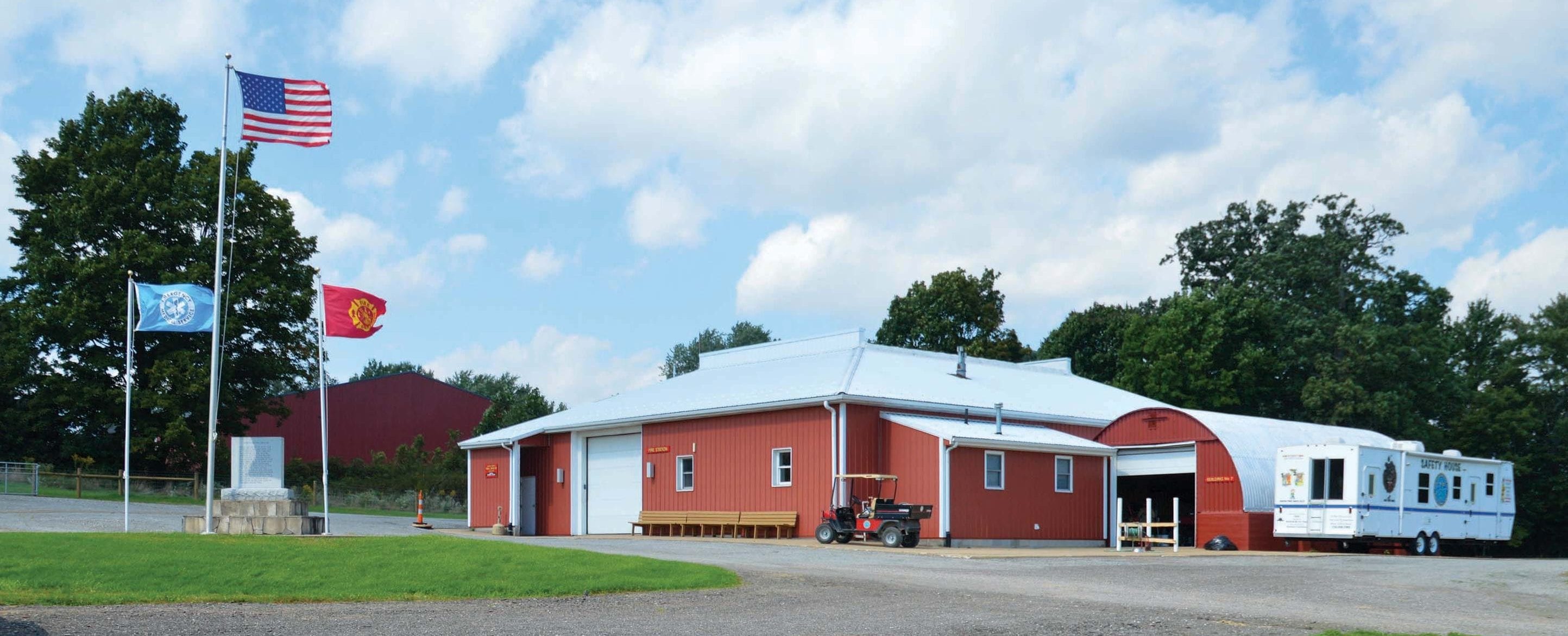
“These volunteers were diligent, staying in contact with these companies and keeping them apprised of the timing while the permits were in process,” said Lindsay Shoup, organization director for Ashland, Medina, Summit and Wayne County Farm Bureaus.
The project is being done in two phases and fundraising is now complete for each phase.
“We want to make (the training) as realistic a situation as possible, not only on the farm, but for commercial elevators, too. All scenarios,” said Dan Zippay, manager at Custom Agri Systems Inc., one of the project’s in-kind donors. “We wanted to show all the different factors of a grain bin rescue. We want to be one step closer to saving someone’s life.”
Brandon Nettleton, agriculture program coordinator for the Regional Training Facility, agreed.
“This is an all-encompassing training — first responders, farmers and companies,” he said. “This facility is definitely needed in this area.”
An initial investment of up to $7,500 was made by each of the four county Farm Bureaus whose members conceptualized Safe Farms. It didn’t take very long for local businesses to jump on board.
The total funds raised for the project totaled $164,690. Another $50,000 came in the form of in-kind donations, Shoup said. If all goes well, phase two should be completed in September, Shoup added, with a ribbon cutting estimated for October.
“Our purpose as an organization is to secure the future of rural communities and agriculture,” said Colin Gordon, financial service officer for Farm Credit Mid-America, which was an early Safe Farms partner. “This is the perfect commitment of money and time to fulfill that promise to our day-to-day farmers. We’re securing rural communities with capital investments and protecting the most valuable asset on the farm — the person.”
Phase 1, completed in 2018, was a collaborative project among Ashland, Holmes, Medina and Wayne County Farm Bureaus. It includes a 60-foot grain leg with augers, a 7,500 bushel grain bin and a 15-foot hopper bin (which will ultimately have an open roof for grain entrapment rescue trainings).
Phase 2 is on track to be completed this year and will include a balcony that will be built around the 15-foot bin, so training class members can observe the training instruction. In addition, a steel-framed building will be constructed over the 15-foot bin so that training can take place in all weather conditions, the first of its kind in the region. First responders who come from the six-state region the training facility serves will pay for the grain bin rescue training, enabling the facility to maintain upkeep of the building and its training equipment.
Schwab is captain of the Reily Township Volunteer Fire Department, which was instrumental in saving a farmer who was trapped in a grain bin in May. Schwab said it was about 10 years ago that the department noticed more and more farmers in their rural community were storing their own grain in silos on their farms. They decided to take action, purchasing a grain bin rescue tube and auger and learning how to use them.
Through its CORE funding grant from Ohio Farm Bureau, Butler County Farm Bureau is helping Reily Township Fire Department acquire additional grain bin safety apparatus and training. “There were a lot of people who said ‘we’re never going to use it’ and this was the first time we used it,” he said of the May rescue. “But you have to get that ‘it will never happen to me’ out of your head and the more training you do the better you get.”
Every year, Nationwide sponsors Grain Bin Safety Week in February to raise awareness of the need for safety training. Fire departments across the country are awarded grain bin rescue tubes and training via Nationwide through a nomination period that runs Jan. 1 to April 30. Since 2014, Nationwide has awarded grain bin rescue tubes and training to 77 fire departments in 24 states.


Members have three ways to apply: contacting a certified agent, calling 833-468-4280 or visiting ohiofarmbureauhealthplans.org.
Read More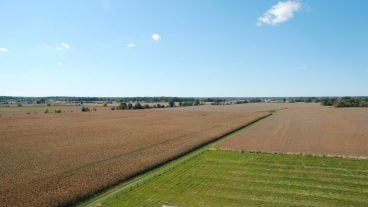
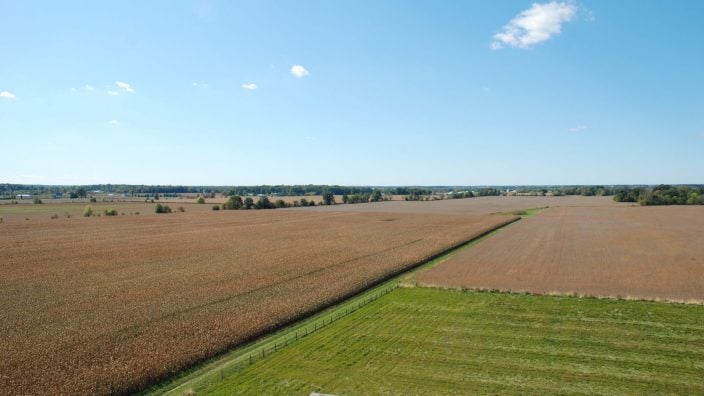
Ohio Farm Bureau recently sent a letter to Congress calling for the swift passage of the Farm, Food, and National Security Act of 2026 (HR 7567).
Read More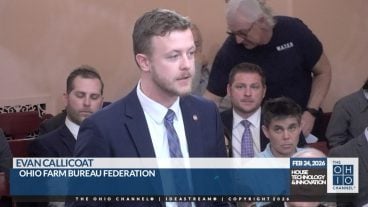
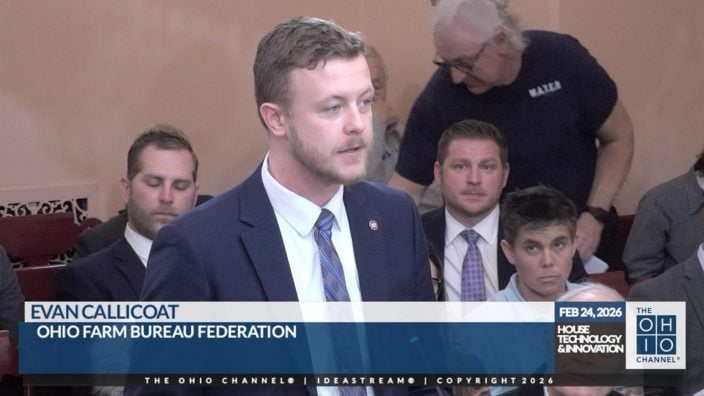
House Bill 646 would establish a Data Center Study Commission to examine the impact of rapid data center development across the state.
Read More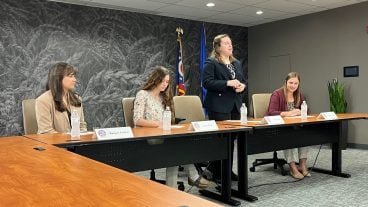
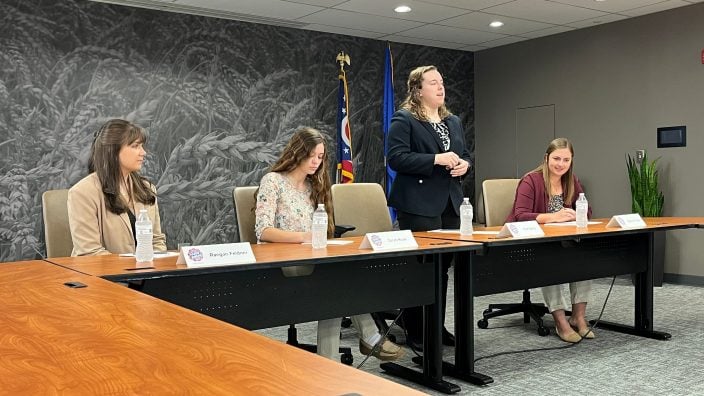
Collegiate Farm Bureau serves as a connection to current industry professionals and equips the next generation with the essential tools and resources needed to excel in their careers.
Read More

Ohio Farm Bureau members met one-on-one with state legislators and staff to discuss policy priorities impacting Ohio’s farms and rural communities.
Read More

Legacy nutrient deductions enable new farmland owners to claim deductions on the nutrients within the soil on which healthy crops depend.
Read More

Farmers, agribusinesses and community members are encouraged to nominate their local fire departments for Nationwide’s Nominate Your Fire Department Contest through April 30.
Read More

Introduced by Sen. Paula Hicks-Hudson, SB 120 would establish the Urban Farmer Youth Initiative Pilot Program.
Read More

Gases, vapors, and fumes can all create risk. How can we measure and protect ourselves from them?
Read More

The Ohio Farm Bureau’s Young Agricultural Professionals State Committee has named its 2026 leadership and the individuals who will be serving on the state committee for 2026-2028.
Read More